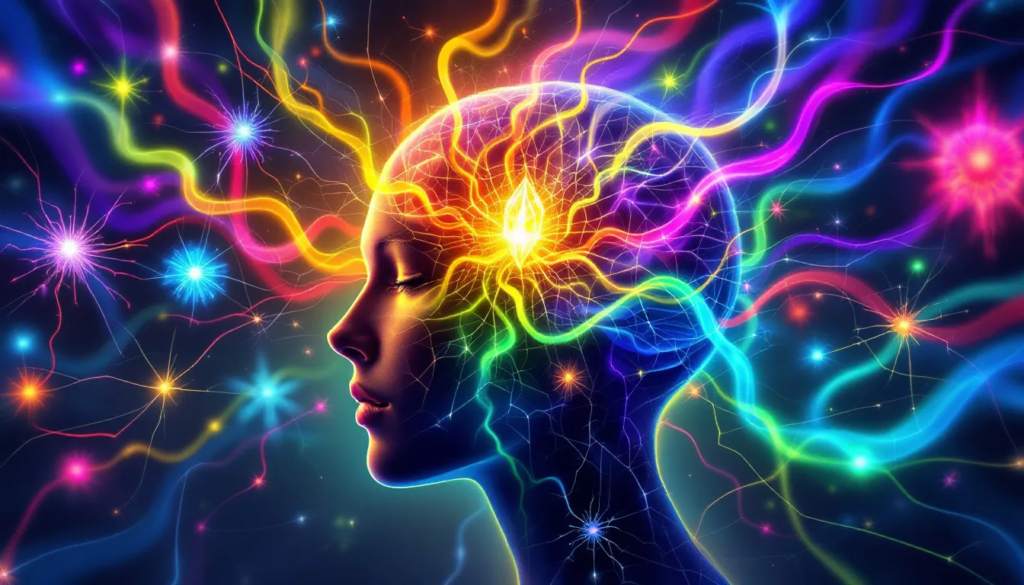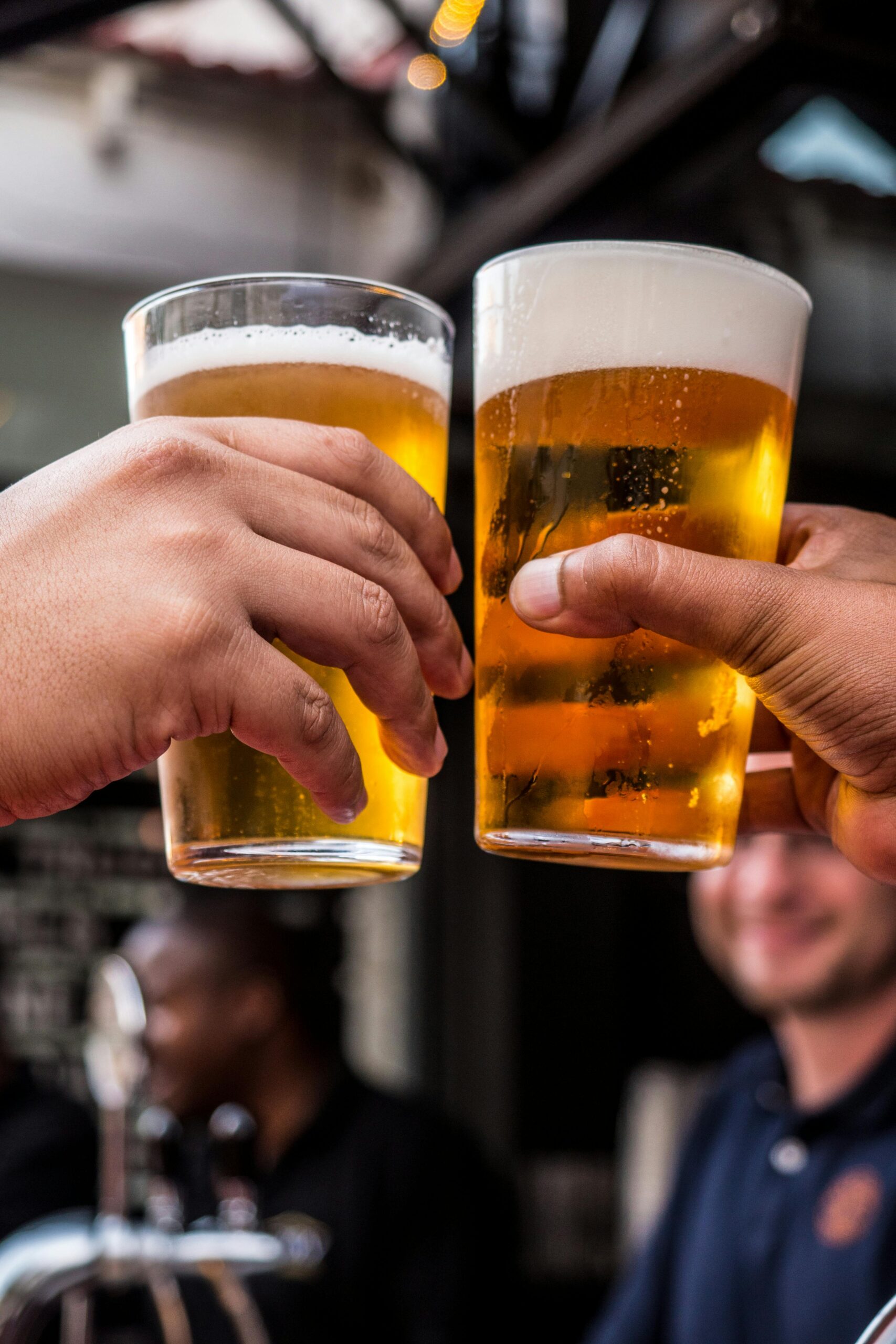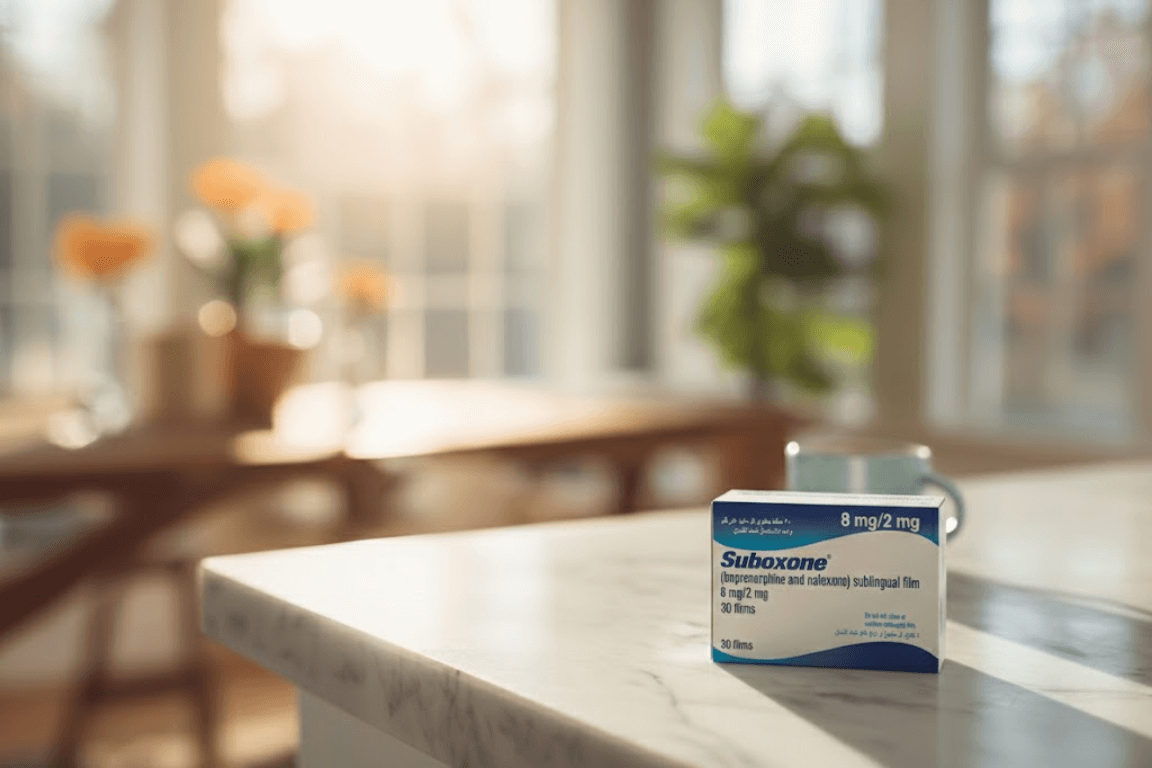Many people ask themselves, ‘Why can’t I stop drinking?’ This is a common struggle due to the complex interplay of physical dependence, psychological factors, and social influences. In this article, we will delve into the science of alcohol dependence, explore the mental and emotional hurdles, and discuss strategies and support systems available to help you regain control.
Key Takeaways
- Alcohol dependence significantly impacts brain and body function, leading to physical and psychological challenges in quitting.
- Understanding personal triggers, cravings, and denial are crucial steps in addressing alcohol addiction and developing strategies for recovery.
- Professional help, including medical detoxification, therapy, and support groups, greatly enhances the likelihood of successful long-term recovery from alcohol use disorder.
The Science Behind Alcohol Dependence

Alcohol dependence affects both the brain and body. Drinking disrupts brain communication pathways, impairing memory, balance, speech, and judgment. Over time, heavy drinking shrinks neurons and significantly alters brain function.
Ceasing alcohol consumption allows the body to heal, significantly enhancing overall health.
Physical Dependence
Regular alcohol abuse alters body and brain chemistry, impacting neurotransmitter functions. Prolonged heavy drinking creates dependency, leading individuals to drink more to avoid discomfort. Sudden cessation causes the brain to adjust, resulting in withdrawal symptoms and substance abuse.
Physical dependence creates a vicious cycle of drinking to avoid withdrawal symptoms.
Withdrawal Symptoms
Withdrawal from alcohol causes challenging symptoms like nausea, sweating, restlessness, irritability, tremors, hallucinations, and convulsions. Alcohol withdrawal symptoms start within 6 hours after the last drink, peak within 1-2 days, and typically subside within a week.
Stopping alcohol abruptly can trigger severe withdrawal symptoms, increasing the urge to drink. Medical support is often necessary for those attempting to quit, especially with sudden cessation.
Psychological Factors in Alcohol Addiction

Alcoholism involves complex emotional and mental health factors that hinder the ability to stop drinking. Quitting can significantly improve mood, self-esteem, and decrease anxiety, stress levels, and negative affect.
These psychological factors are key to understanding the challenges of quitting drinking.
Mental Obsession
Individuals with alcohol addiction often fixate on drinking, overshadowing other thoughts or activities. This mental obsession creates a cycle of compulsive behaviors, making it difficult to focus. Denial often plays a role, as individuals use it to avoid confronting their alcohol problems.
Cravings and Triggers
Identifying drinking triggers is key to reducing consumption. Many alcoholics justify their habits, believing they need alcohol for daily life. Genetic predispositions can increase susceptibility to alcohol use disorders, influencing behaviors like impulsivity and reward sensitivity.
Understanding cravings and triggers helps create strategies to avoid them and manage the urge to drink.
Denial and Rationalization
Denial is a common barrier preventing acknowledgment of alcohol problems. Signs of a drinking problem include concerns from others, annoyance at criticism, guilt about drinking, the belief one should cut down but being unable to, and needing a morning drink.
Alcoholics often rationalize their drinking by convincing themselves they need alcohol to function.
Social and Environmental Influences

Triggers for alcohol consumption stem from emotional distress or environmental factors, reinforcing the desire to drink. Cravings arise from environmental cues and internal emotional states. Avoiding triggers can help reduce drinking.
Recovery is more manageable with support from family or friends who can provide encouragement.
Peer Pressure and Social Norms
Cultural acceptance of drinking creates a strong social influence, making excessive consumption appear normal. Normative beliefs in certain social groups can lead individuals to drink excessively to fit in or be accepted.
Social gatherings often compel individuals to drink excessively to fit in. Peer group norms can reinforce excessive consumption as acceptance of drinking is linked to social bonding.
Family History and Genetics
Approximately 49% of the risk for developing alcoholism is attributed to genetic factors. Individuals with a family history face a higher risk of developing alcohol dependence due to genetics.
Recognizing a family history of alcoholism helps understand personal risk and potential preventive measures.
Stress and Coping Mechanisms
Individuals experiencing high stress are more likely to turn to alcohol to cope with emotional distress. Chronic stress may trigger heightened consumption as a maladaptive response. Insufficient coping strategies can lead individuals to use alcohol for escape or relief.
Many resort to alcohol to cope with stress, often due to inadequate stress management skills. This increases the risk of developing unhealthy drinking patterns.
The Role of Professional Help

Professional help is essential for those struggling with alcohol use disorder. Many alcoholics find it difficult to quit on their own and require professional assistance. Psychologists can increase motivation, assess problems, and guide treatment.
Rehabilitation centers offer safe medical detox programs alongside evidence-based treatment strategies.
Medical Detoxification
Medical detoxification is crucial for safely managing withdrawal in individuals with alcohol dependence. Seizures are potential life-threatening withdrawal symptoms that can occur during detox. The safest way to detox is under close medical supervision.
Those concerned about detox symptoms should consult a healthcare professional to create a plan.
Therapy and Counseling
Therapies like cognitive-behavioral therapy effectively change thought patterns contributing to alcohol misuse. Professional help through therapy and counseling provides necessary support and strategies for addiction treatment to overcome addiction.
Support Groups and Community Resources
Participating in mutual-support groups greatly enhances recovery efforts. Sharing quitting goals with family and friends provides additional support, a critical factor in overcoming alcohol addiction.
Community resources and support groups are essential for long-term recovery from alcohol dependence.
Practical Steps to Start Quitting

Documenting reasons for quitting enhances motivation. Establishing a clear plan with specific steps aids in quitting or reducing intake. Treat yourself kindly if it doesn’t stick at first.
Self-Assessment
A behavior indicating overconsumption is drinking three or four drinks when intending just one. Fun situations with drinking friends often make it hard to stop. Comparing emotions during drinking and abstaining helps recognize when alcohol drinking behavior doesn’t fix problems.
A self-compassionate attitude is important when facing challenges while quitting alcohol. Journaling helps track feelings. Understanding drinking habits is crucial for addressing alcohol use and making changes.
Setting Goals and Making Plans
Establishing a daily limit helps manage intake effectively. Setting realistic goals is crucial for quitting successfully and improving long-term sobriety chances. Goals like setting a daily limit build a structured plan to reduce or stop drinking.
Adjust goals as you progress to ensure they remain achievable and relevant.
Finding Alternatives and New Hobbies
Engaging in hobbies distracts from drinking and helps relaxation. Mocktails, non-alcoholic drinks mimicking the flavor of mixed beverages, provide a fun substitute. Finding alternatives to drink alcohol offers a fresh perspective on leisure and relaxation.
Exploring new activities leads to healthier social interactions and reduces the temptation to drink.
Understanding the Benefits of Quitting
Most individuals with alcohol use disorder see significant improvement through various treatments. Avoiding alcohol improves physical health, increases energy, and inspires continued progress. Health benefits from avoiding alcohol can make you feel more energized and inspired to continue.
Recognizing positive changes from reducing alcohol encourages continued effort. Engaging in new activities helps fill the void left by reducing alcohol consumption.
Physical Health Improvements
Within a month of stopping drinking, individuals experience improved liver function, reduced heart disease and cancer risk, and better sleep. Quit drinking alcohol leads to significant health benefits, contributing to an enhanced quality of life and overall well-being.
Positive health changes can begin in as little as one month after stop drinking alcohol consumption.
Enhanced Mental Well-being
Brain function starts to improve after quitting alcohol. Long-term abstinence improves cognitive functions and reduces neurodegenerative disease risk. Good self-care practices help manage overwhelming feelings during the quitting process.
Quitting alcohol leads to improved mental well-being, including enhanced cognitive function and reduced anxiety.
Strengthened Relationships
Quitting alcohol improves relationship quality by allowing better focus on social interactions and personal connections. It often leads to deeper, more meaningful relationships as interactions become genuine and less influenced by alcohol.
It also allows more time and attention for relationships, fostering healthier connections.
Summary
In conclusion, struggling with alcohol addiction is a multifaceted issue that involves physical, psychological, and social elements. Understanding the science behind alcohol dependence, recognizing psychological factors such as mental obsession, cravings, triggers, and the role of denial and rationalization, is crucial. Additionally, acknowledging social and environmental influences, including peer pressure, family history, and stress, can help frame the problem better. Seeking professional help through medical detoxification, therapy, and support groups is essential for a successful recovery. Practical steps like self-assessment, setting goals, and finding new hobbies can pave the way for quitting drinking. The benefits of quitting are immense, ranging from improved physical health and mental well-being to strengthened relationships. Taking the first step towards recovery is challenging, but the rewards are truly life-changing.
Frequently Asked Questions
Why can’t I stop drinking once I start?
Your inability to stop drinking once you start is likely due to alcohol’s impact on brain chemistry, which produces physical dependence and strong cravings. Seeking professional help can be crucial for overcoming this challenge.
What are the symptoms of alcohol withdrawal?
The symptoms of alcohol withdrawal commonly include nausea, sweating, restlessness, irritability, tremors, hallucinations, and convulsions. It is important to seek medical help if experiencing these symptoms.
How can I identify my triggers for drinking?
To identify your triggers for drinking, it’s essential to recognize specific situations, emotions, and social settings that prompt you to drink. Keeping a journal can effectively aid in this identification and management process.
How important is family history in developing alcoholism?
Family history is highly significant in developing alcoholism, as genetics account for about 49% of the risk. Understanding this connection can help in identifying individuals at higher risk.
What professional help is available for quitting alcohol?
To effectively quit alcohol, you can access medical detoxification, therapy such as cognitive-behavioral therapy, and support groups. These resources provide essential support in your recovery journey.

Mitchell Grant Cohen
Dr. Mitchell G. Cohen is a board-certified Internal Medicine specialist with over 34 years of experience in patient-centered healthcare. A graduate of Hahnemann University School of Medicine, Dr. Cohen completed his internship at the University Health Center of Pittsburgh, where he gained invaluable hands-on experience. He is also a certified addiction specialist, holding membership with the American Society of Addiction Medicine (ASAM).
Currently based in Nashua, NH, Dr. Cohen is affiliated with Saint Joseph Hospital, where he provides comprehensive care focusing on both internal medicine and addiction treatment. His expertise includes prevention, diagnosis, and management of adult diseases, as well as specialized care for individuals facing substance use disorders.
Dr. Cohen is committed to fostering open communication, ensuring his patients are fully informed and empowered to make confident decisions about their health and treatment options.





